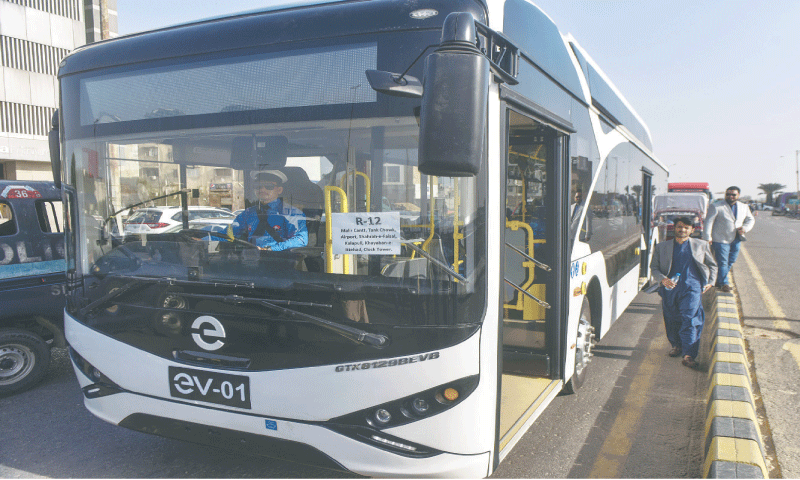ISLAMABAD: Parliamentary Secretary for National Health Services (NHS) Dr Nausheen Hamid on Tuesday said that the government is willing to work with tobacco control advocates for a sustainable tobacco control policy to reduce the health burden caused by tobacco use.
Dr Hamid was speaking to participants of a seminar titled ‘Need for Sustainable Tobacco Control Policies in Pakistan’ organised by the Society for the Protection of Rights of the Child (Sparc) at a local hotel.
Dr Hamid said that according to a 2017 World Health Organisation report, more than 163,000 people die from tobacco use in Pakistan.
“This health burden is particularly affecting the youth population. About 1,200 children between the ages of six and 15 start smoking in Pakistan every day,” she said.
Campaign for Tobacco Free Kids country head Malik Imran Ahmad said the tobacco control policy must go beyond the scope of health in order to prove sustainability. He said that on average, smokers spend 10pc of their average monthly income on cigarettes.
In addition, 25.3pc of households in the lowest income group smoke cigarettes, compared to 16.2pc of households in the highest income group, he said.
“When people spend their income on tobacco products, they are left with less money available for essential services such as child nutrition and education. Raising tobacco taxes is a proven policy to help reduce tobacco consumption as per the WHO’s recommendations. The World Bank report says that Pakistan should annually increase the excise rates by at least 30pc on cigarettes to ensure the reduction in cigarette consumption and the growth of tobacco revenue,” he said.
He urged the government to adopt a national tobacco control policy that ensures a reduction in tobacco consumption, improves public health and guarantees child education and nutrition. Mr Ahmed added that increased taxation would discourage people from spending valuable income on tobacco products, while helping them save money for essential services like child nutrition and education.
Quoting the Pakistan Health Research Council, NHS Ministry Deputy Director (Programmes) Dr Samra Mazhar said that tobacco consumptioncosts the country Rs192 billion due to tobacco-related diseases and lost productivity, whereas in comparison, the revenue generated from tobacco taxation is just Rs115bn.
Federal Board of Revenue representative Chaudhry Mohammad Tarique said that the large fiscal imbalances in Pakistan require greater tax revenues. Tobacco taxation can positively contribute to government revenue, he said, and the FBR has played a key role in removing the third tier, which was in line with WHO requirements agreed to by Pakistan.
Highlighting the role of civil society in tobacco control, Sparc Executive Director Sajjad Ahmed Cheema said that the biggest role played by tobacco control activists in the acceptance of tobacco consumption as a human rights issue.
Published in Dawn, September 23rd, 2020














































Dear visitor, the comments section is undergoing an overhaul and will return soon.